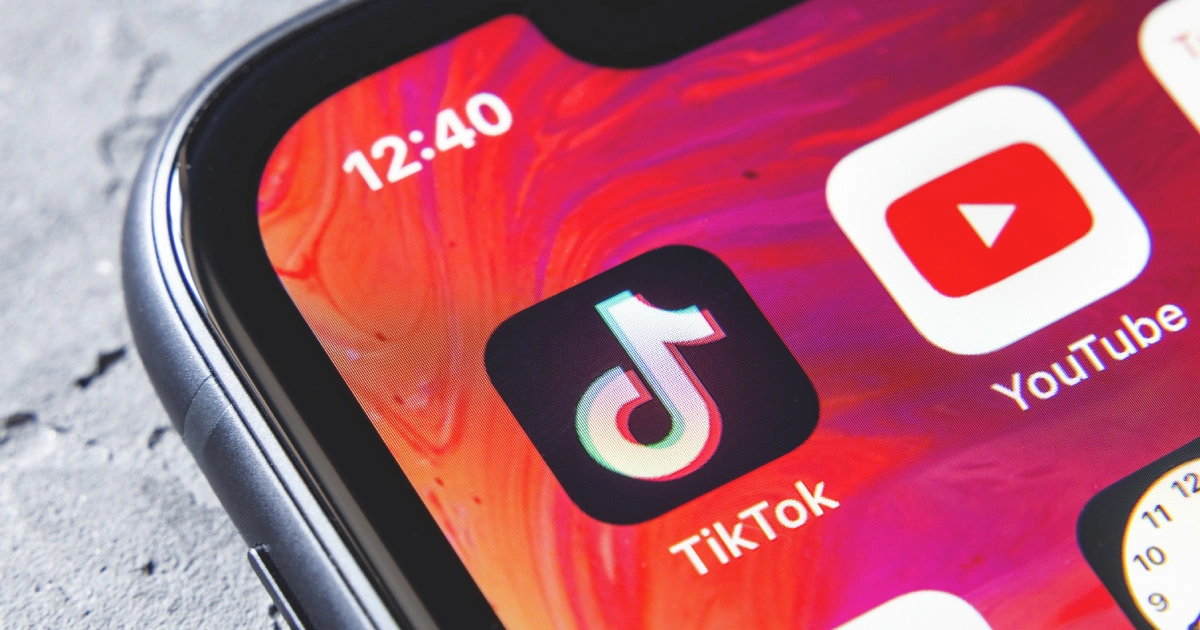Going from Obscurity to Ubiquity Overnight
When the music industry’s digital renaissance hit, how do you think the billions of streaming downloads impacted royalties? You’re right—all bets were off. In the black box
of uncollected royalties, industry estimates range from $230 million to $2 billion just sitting there, like a Scrooge McDuck-grade pile of money, uncollected, because of something so seemingly trite, like a first and last name reversed in a Spotify database. Needless to say, streaming has successfully and permanently disrupted the traditional model for royalty revenue.
This new, on-demand licensing structure vs. the traditional mechanical royalty rates from the days of yore has compounded the level of complexity. For the accountants, it’s like drinking from a financial firehose of data. However, unlike the Napster Wars of the Millennium, Silicon Valley is simpatico with rights holders. Big tech is collaborating to help rights holders collect their money. Rights holders can now exploit technology across multiple platforms, ushering in a more accurate era of rights monetization accountability. Music on social media has opened more than two billion new revenue streams. Percentages of a penny from each stream go to multiple rights holders, which can range from the horn players’ section to the songwriter to the singer, and then the music publisher. This adds complexity, but also opportunity, for those who know how to prove their rightful place in the value chain.
There’s a joint incentive for social media platforms and music rights holders. For the social media platform, it’s more user traffic, resulting in advertising dollars. For music right holders, it’s marketing and the promise of extending their songs’ lifespans. One need look no further than the 1980s’ three-hit-wonder Matthew Wilder and his Break My Stride song’s resurgent success on TikTok to see how streaming extends a song’s lifespan. Fans are reimagining their music in new contexts, increasing the music’s relevancy and longevity, as it becomes integrated into special occasions or life events. For music holders it creates a new digital rights revenue stream.
The side benefit to all this random fandom content augmentation is the resulting virality. And royalty management software is the only way that rights holders can guide and manage the resulting firehose of incoming data.
So…where can song rights holders exploit their music on social media? How are these platforms paying? Download our eBook: Going from Obscurity to Ubiquity Overnight: How to Add Up Royalties Due and Monetize Music from Social Streaming
to learn more.

